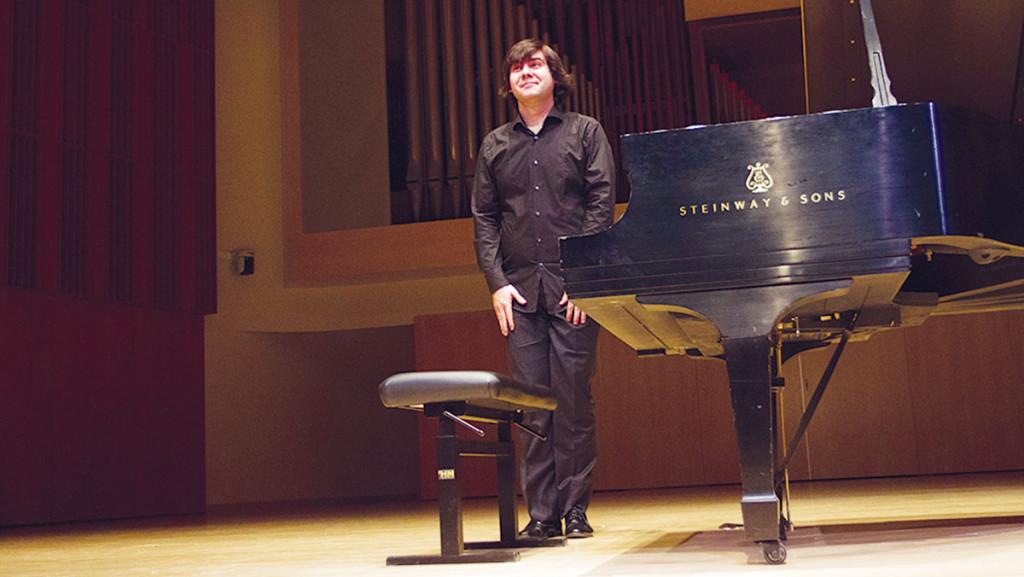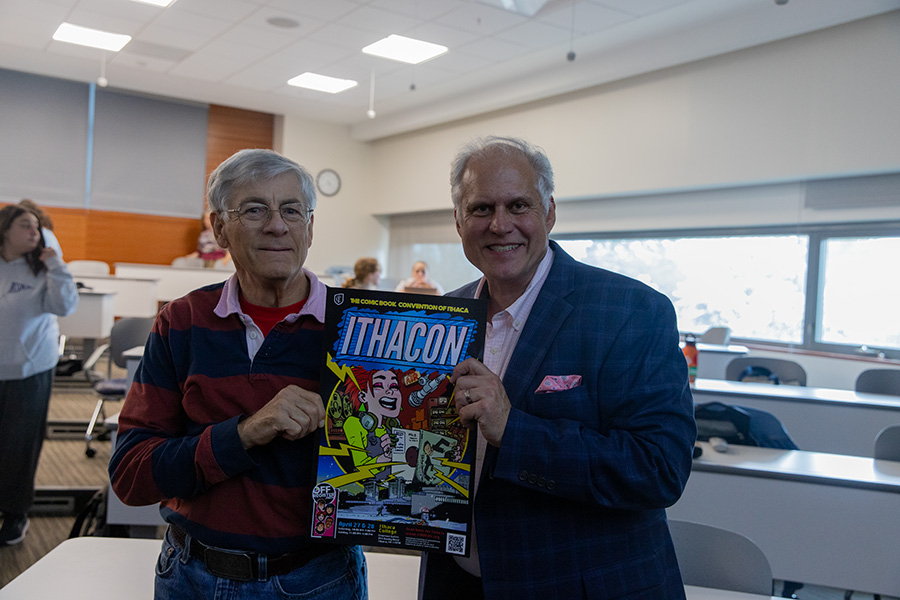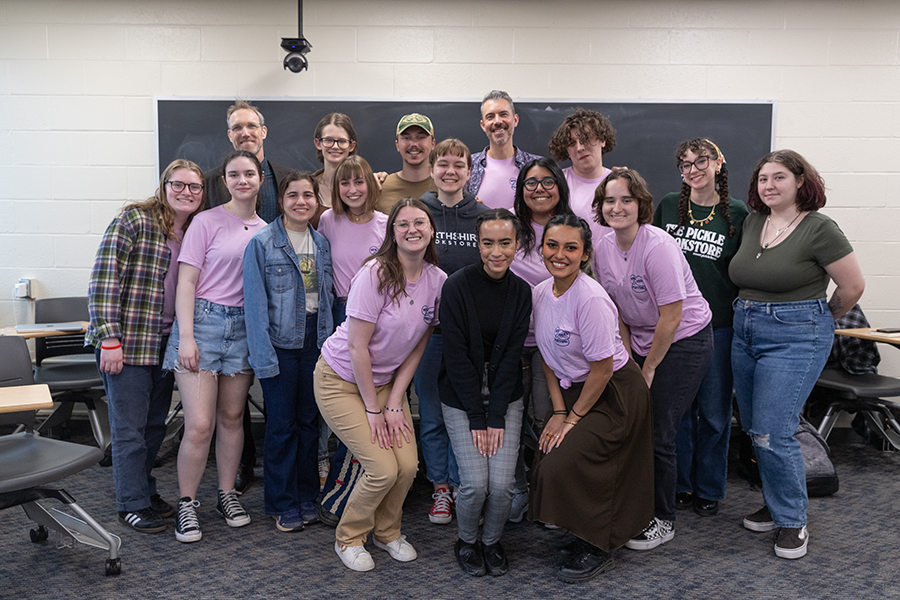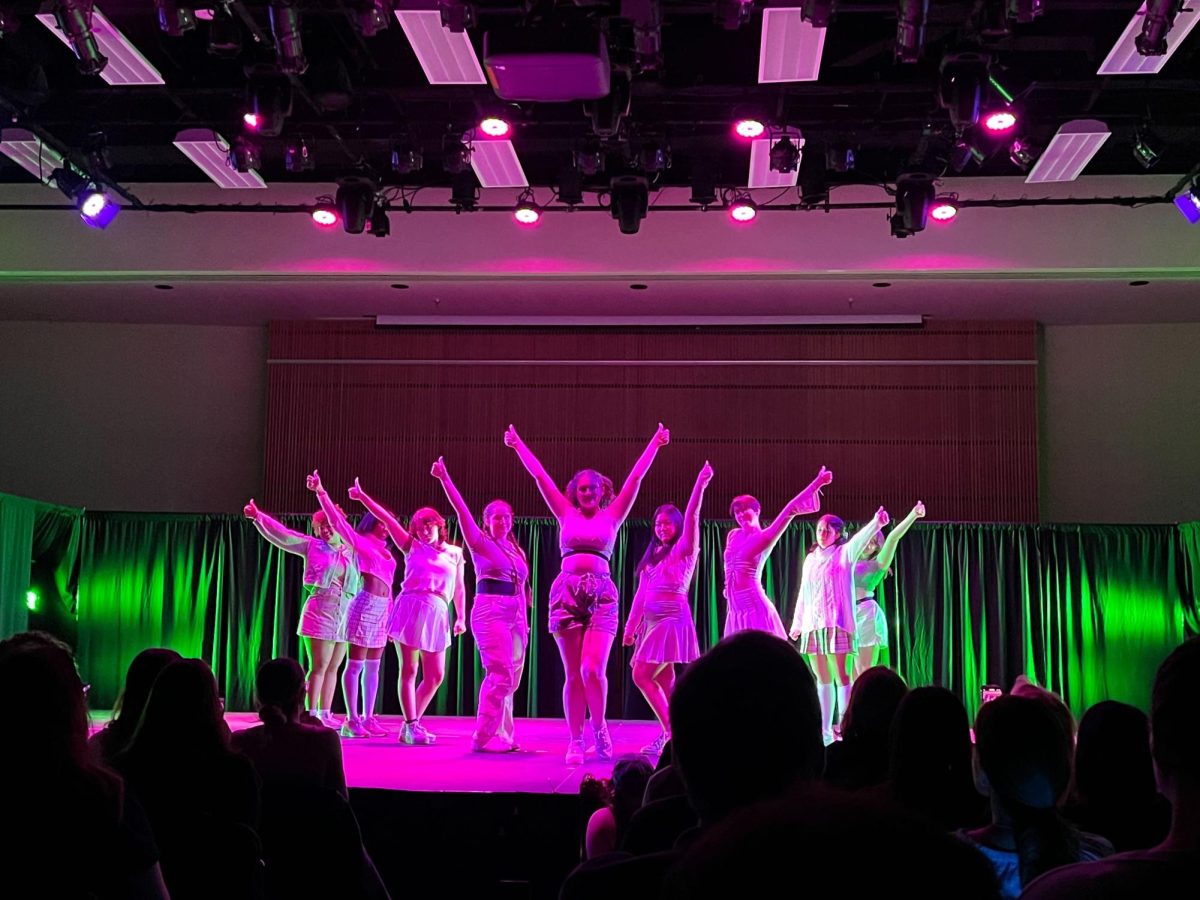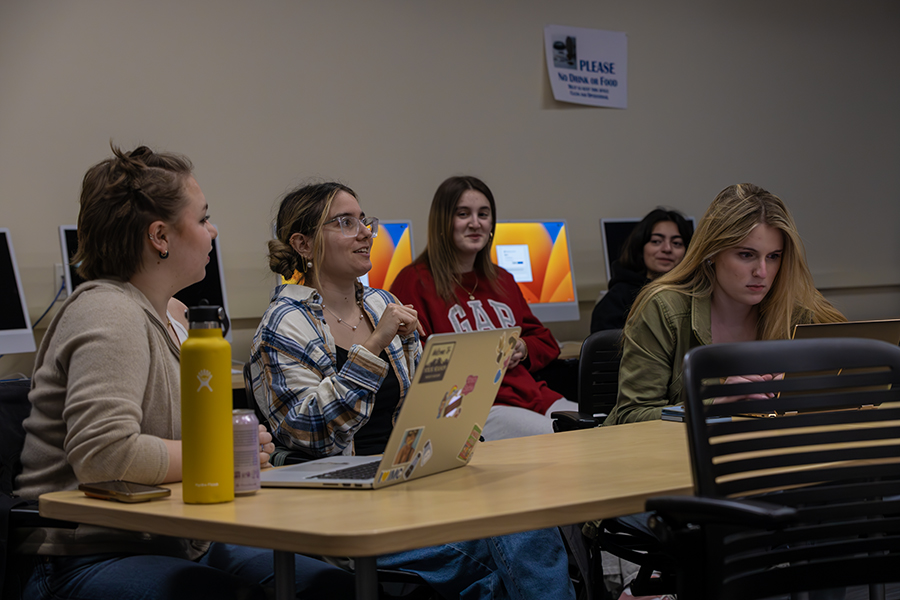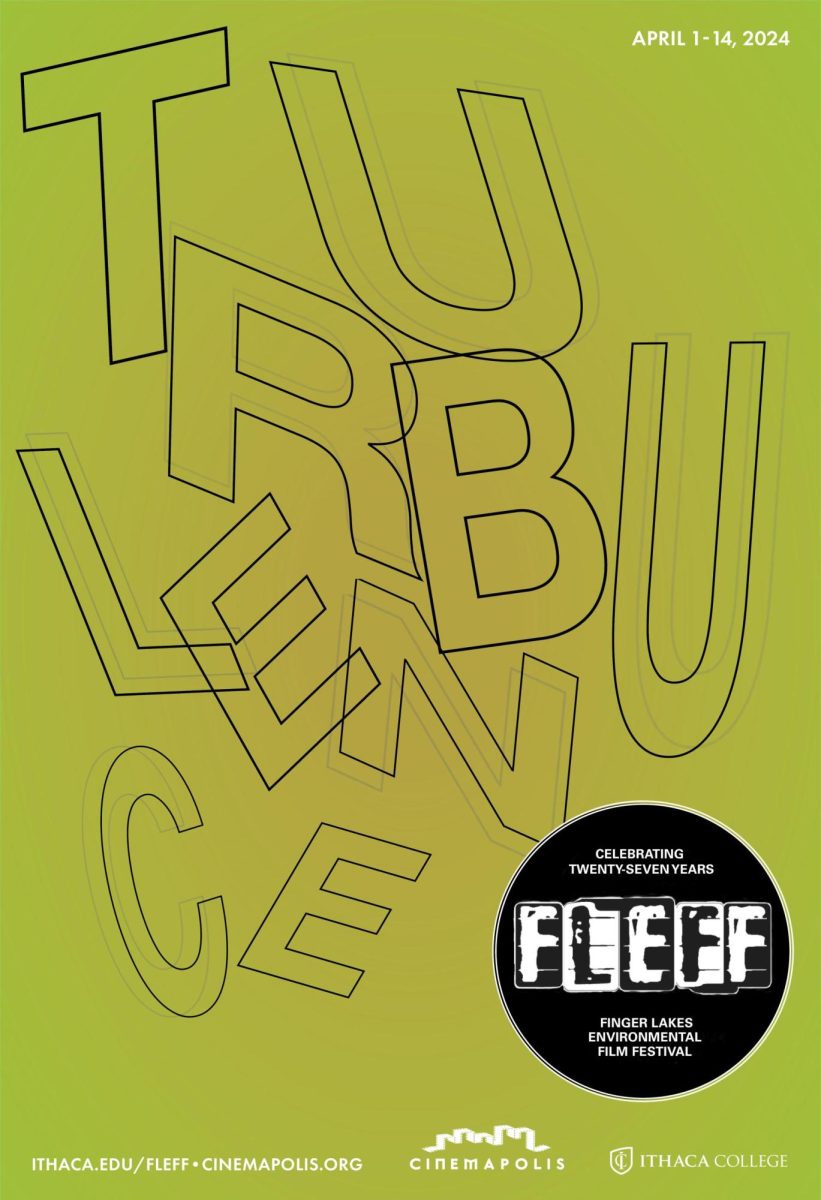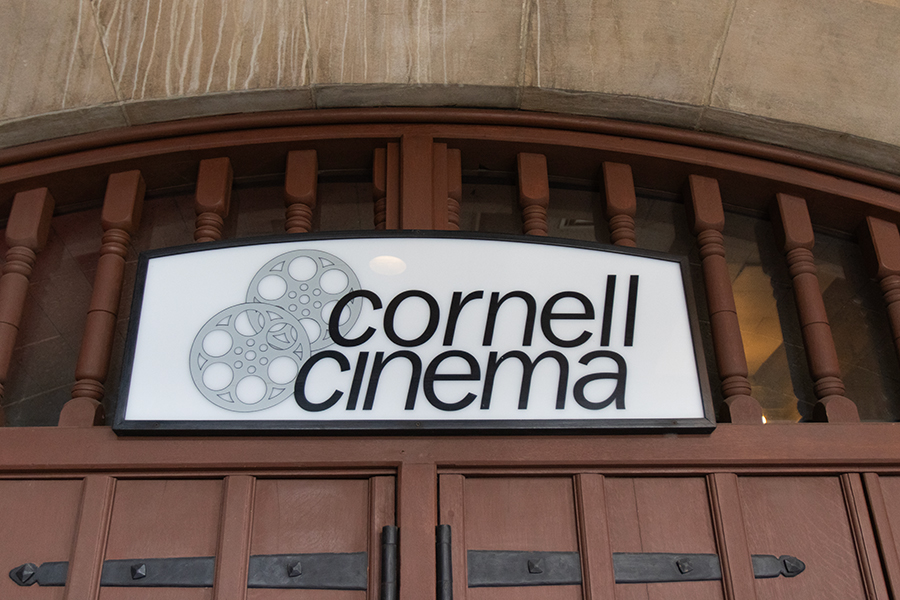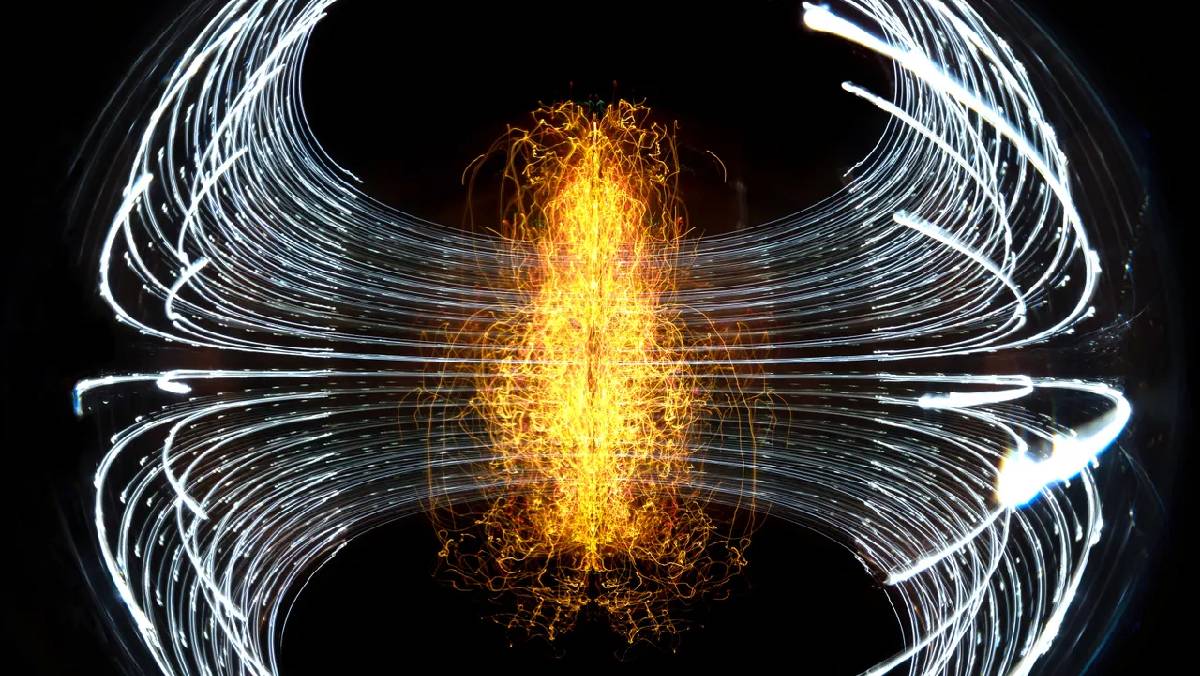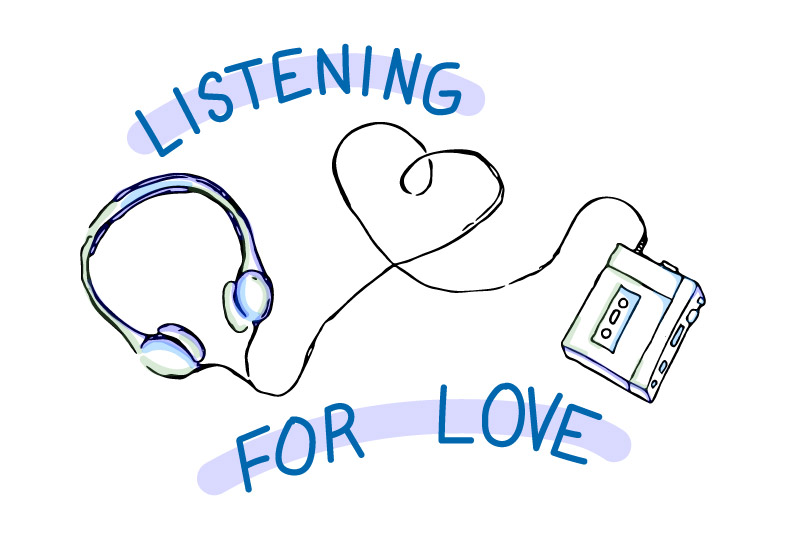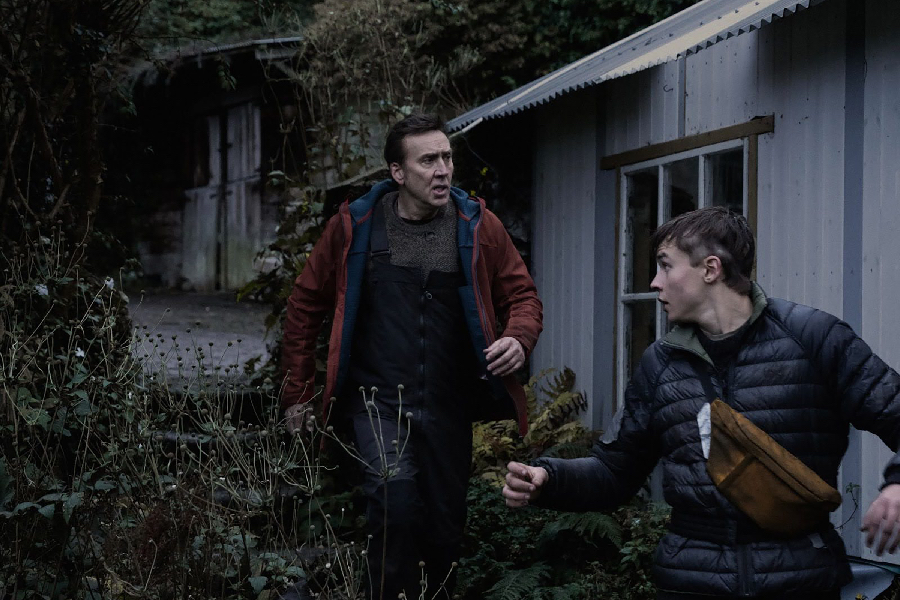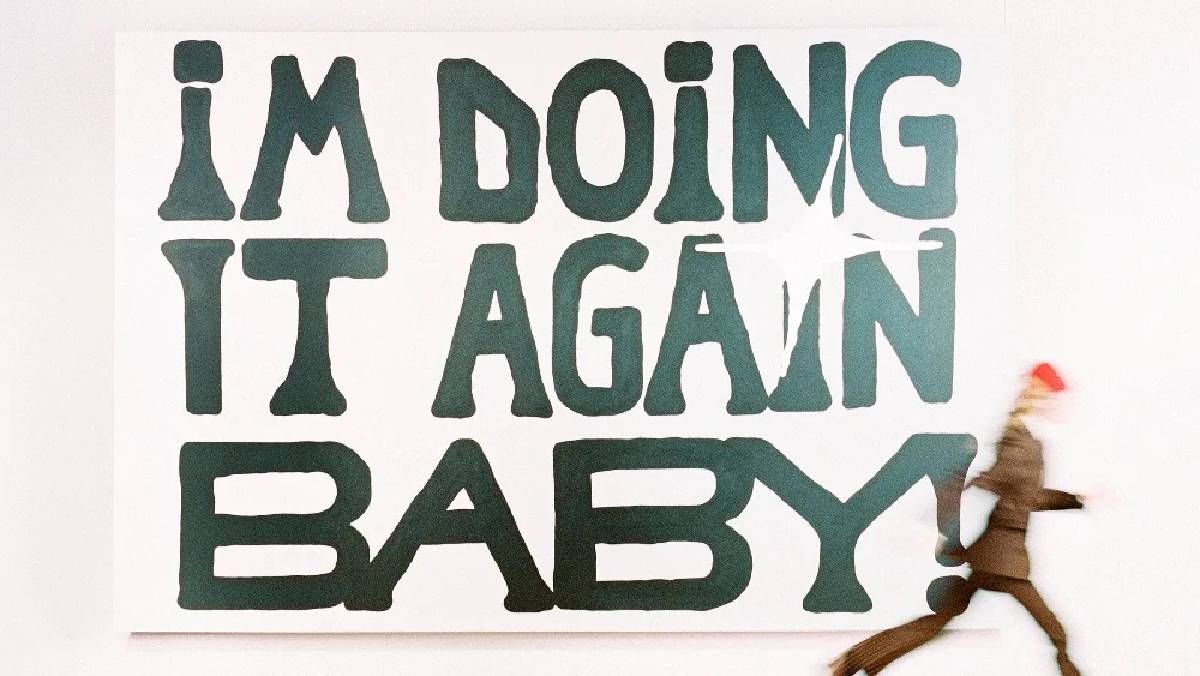Vadym Kholodenko, the gold-medal winner of the 14th Van Cliburn International Piano Competition, will be performing at Ithaca College Feb. 10 and 11 as part of the Rachel S. Thaler Concert Pianist Series. Kholodenko was born and raised in Kiev, Ukraine. Since claiming his Cliburn title in 2013, Kholodenko has scheduled collaboration with five different symphonies. He has also scheduled solo shows in Boston, Louisville, Miami and Seattle.
Staff Writer Luke Harbur spoke with Kholodenko about his childhood, his career and what it means to be an artist in the 21st century.
Luke Harbur: Tell me about what music meant to you during your childhood.
Vadym Kholodenko: My mother brought me to a basic music school. There are basic music schools and special music schools. In one year I applied for a special music school. That is basic training for a conservatory. Until age 18, I went to the special music school. Almost all our time was focused on music, and disciplines revolved around music theory and history. From age 6 to 7 I went to the basic music school, and from 7 to 18 I went to the special music school.
LH: According to your online biography, you made international appearances at age 13, going to the United States, China, Hungary and Croatia. What sort of events did you participate in in order to travel outside Ukraine?
VK: Like a young prodigy, I got engagements in Hungary and the United States. At this age, people from the special music school already got some professional level concerts.
LH: At what point in time do you feel your piano career launched?
VK: I should talk about the Cliburn competition because it was a very important step. I am very proud to be among a family of winners for this competition. And besides the competition, I would like to put stress that my work is in huge thanks to Miguel Harth-Bedoya. He scheduled so many engagements for the future, and I got artistic partnership with the Fort Worth Symphony. For three years we will play two concerts per year.
LH: How have you used your music to remain connected to your homeland?
VK: You probably know the recent news from Ukraine. I have not played in Ukraine for a while. My only direction has been my mother and my grandma.
LH: How has musical collaboration fueled your musical pursuits?
VK: Before competitions I’ve done many, many concerts with chamber music. This is one of my favorite activities in music to play with different instruments. It’s really amazing music because it’s different than anything you’ve played. Whether it’s a group of strings or a cello, it’s a very special experience.
LH: What should listeners expect to hear at your concert on Feb. 10?
VK: In the first half I will play Handel, Mozart and Beethoven. And in the second half I will play two music cycles of Debussy and then a very famous piece by Balakirev called “Islamey.” There is going to be no special history or background in the program, but this is all music I love. This is music I learned from my teacher in Moscow.
LH: In addition to your concert, you will be hosting a master class Feb. 11. What will you be teaching in those sessions?
VK: Three students will play some work and I will try to best share my knowledge about what I know about these pieces of music. Usually master classes are about gaining positions on an outlook of a piece. It is impossible to use 15 minutes to work on an entire work. But it is possible to explain some basic views of my basic experience.
LH: What advice do you wish to offer artists who live in the 21st century?
VK: I use the Internet to connect to my friends who live in Moscow. Also, I run my own intercom. It’s very useful because my friends know where I am, and I have an iPad that holds my scores. It’s super efficient.
LH: Is there anything else you’d like to share?
VK: I just appreciate people coming and sharing music with me. People will probably be curious about musicianship, especially music students.


